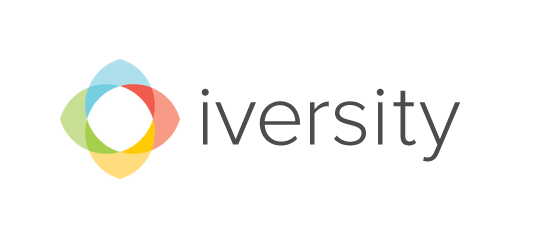

Who to you is a 'real German' (or anything else)?

Tell us: Who to you is a 'real German' (or Spaniard, Brit, Canadian, or anything else!)
In this chapter, you've been given a lot of food for thought on identity and belonging as it is understood on the personal and academic levels in Europe, Canada, and beyond. This is a topic that has likely hit home for many of you who may or may not be tied to particular borders, have questions or concerns about who belongs in your society, or may still be unsure about the whole thing. The 'Us' & 'Them' course community would love to hear from you:
Here are some guiding questions to draw from:
- What do you think the criteria should be for becoming a 'real' citizen or resident of your country?
- What makes you a 'real' anything? (German, American, Spaniard, Turk, etc.)?
- Do you see a cognitive vs. emotional dissonance in the way your society sees immigration, belonging, citizenship, etc.?
- How do you identify with the word 'multiculturalism'? Do you see yourself or your society as multicultural?
- Who is represented as nationals or residents of your country in public life?
- How do politicians and public figures in your society or country portray multiculturalism? As a good, bad, or normal thing? What about schools and museums?
- What type of language do you use to talk about the 'Other' or what kind of language do you prefer others use in reference to you? (e.g. migration background vs. migration history, 'Turkish-German' or 'German with Turkish roots', etc.)
Now what?
Click 'Start in Journal', and fill out the entry. How you do this is up to you: You can use just words, or add pictures or links to articles or videos to highlight your point!
Is this journal assignment required?
No! Nothing in our course is 'required', and there are no grades, but we encourage you to reflect on these topics and share if you feel comfortable, so that others in the course can benefit from your experiences.
identity and multiculturalism in India: A critical reading Key Words: India, identity, multiculturalism, nationality, ethnicity
India is a country having a large number of refugee population, it is interesting to discuss over its refugee resettlement policies being not a signatory to the International refugee convention of 1951 and its protocol of 1967. In my opinion citizenship and the original accent of any country makes a person as a 'real citizen' of the respective country. The debate over the notion of cognitive acceptance vs emotional distance had become a matter of concern to all refugee academicians and the migration experts in this era of globalization and spatial mobility. I see India as a supporter of multiculturalism being a leading power of the South Asian region which propagate the lessons of secularism and cultural assimilation within the region and beyond. In India, politicians are used to play the card of multiculturalism in order to clutch in the power. It is interesting to have a look over the socio-economic background of the evolution of the regional political parties in India. Being a human first and an Indian second I like all the languages to convey the ideas, because language is only a medium of communication and is also possible without talking, through gestures and facial and other emotional expressions.

Hi Noushadali, thanks a lot for bringing in the Indian perspective. I bet many Europeans don't think about India when we talk about refugees! I just looked it up after reading your entry and see that in August 2015 there were over 200,000 but that the vast majority aren't registered with UNHCR, and that India's approach to accepting asylum seekers is quite liberal but that there isn't a specific policy or framework for accepting/integrating them.
If others want to learn more: https://www.theguardian.com/global-development-professionals-network/2016/jul/21/afghan-refugees-are-cooking-up-a-better-future-in-india